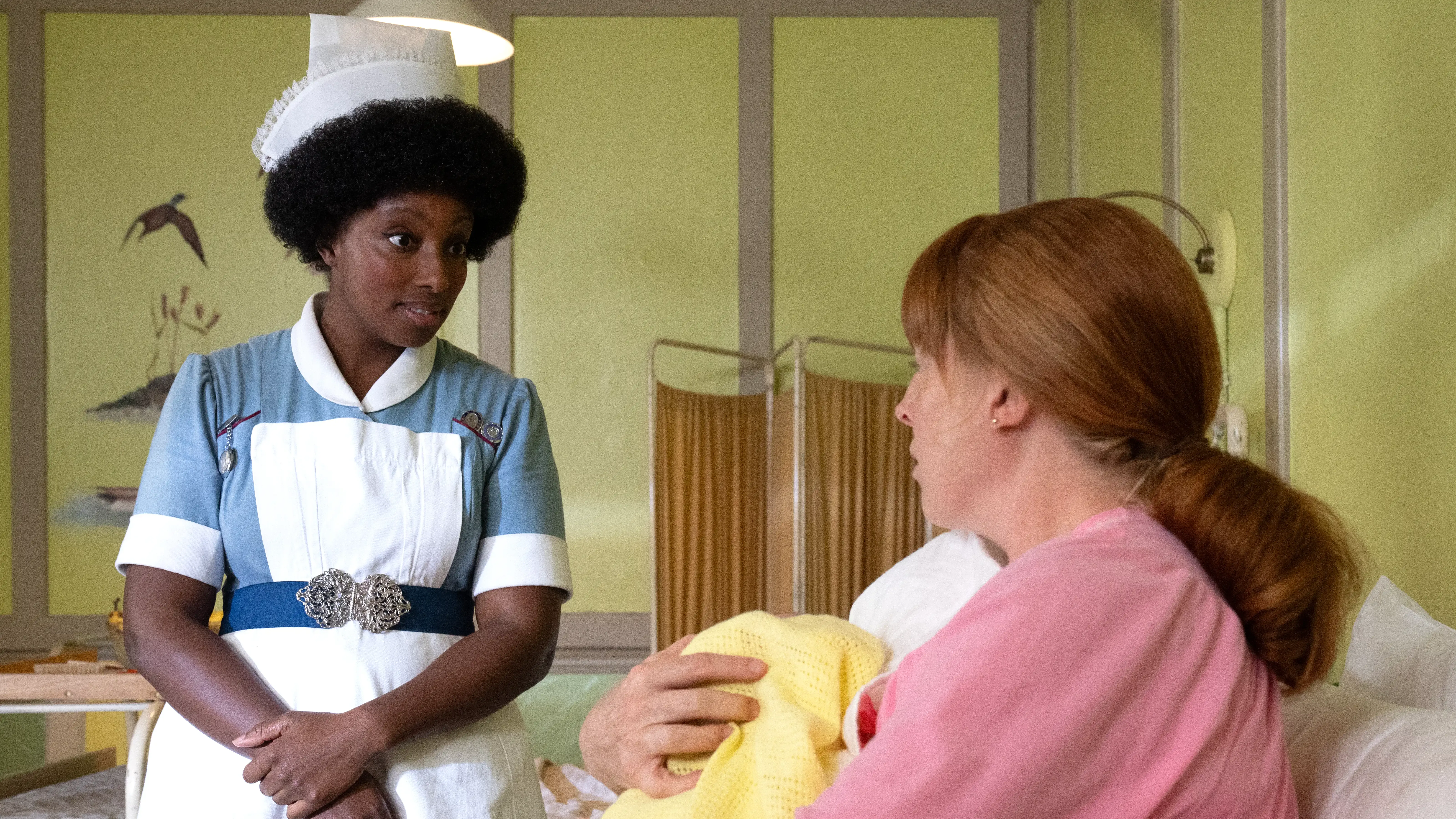Wow… did anyone else feel like they needed a shower after watching this episode with the garbage piling up and the rats all over the place?
Seriously, though, the older gentleman in the episode who died of Weil's Disease (technically named Leptospirosis) was a grave reminder of how clean water, air, and the environment contribute to the state of the public’s health. Transmission of the infection that killed him comes from contact with water or soil that has been contaminated by the urine or blood from infected animals, like rats.
Rats have been a blight on humankind throughout history. Remember the Black Death in Europe responsible for millions of deaths during the Middle Ages? The bacteria were carried in fleas that lived on rats… add to that factors like the lack of clean water and garbage and raw sewage dumped directly from houses into the streets during those times, and any romantic, “Bridgerton”-like notions of the time period go right out the window.
The character Mrs. Midgley… what a handful. Sometimes watching the scenarios unfold in the series you know exactly where they will end up… or I should say, if you work in the field, you know exactly what’s coming. Such was the case with Mrs. Midgley. When she refused to get out of bed on the postpartum unit and participate in the movement activity, my brain went to, “Well, here we go, she’s going to have a DVT (deep vein thrombosis).” Noting she was a smoker as well was a major clue we were going to see that storyline.
Before the 1940s, women stayed in the hospital for 10-14 days after birth, spending much of the day lying in their beds. By the 1950s, the length of hospital stays had decreased to 3-5 days and now women stay 1-2 days after a vaginal birth although some may leave just a few hours after giving birth (especially if they give birth at a birth center).
Whereas decades ago, women were encouraged to stay in bed for extended periods of time after birth, we now encourage them to be up and out of bed very soon after birth, which gets the blood in their legs moving and helps prevent blood that is not being moved through the body by activity to clot. In the pregnancy and postpartum states, women are in a hypercoagulable state, meaning that the factors in our blood that “help” clots to form when we are bleeding are much more active.
That translates to pregnant/postpartum women being at much greater risk for forming a pathologic blood clot, particularly in their legs. That clot can break off and travel to anywhere in the body and cause death or severe adverse effects. Every culture has its own customs around childbirth, and while some customs are very helpful, others (like confining women to bed for extended periods) are detrimental.
What was most disturbing in Mrs. Midgley’s case was not what was going wrong in her body, but her mind and attitude. The fact that she displayed such a racist demeanor towards Midwife Highland (played by Renee Bailey) was plainly despicable. Yet Nurse Highland upheld her duty and treated Mrs. Midgley better than she deserved, frankly. For Nurse Highland to be brought up on charges of misconduct when she saved Mrs. Midgley’s life – it was unconscionable.
Like you, I am on the edge of my seat waiting to see how Mrs. Midgley’s complaint against Nurse Highland plays out….
